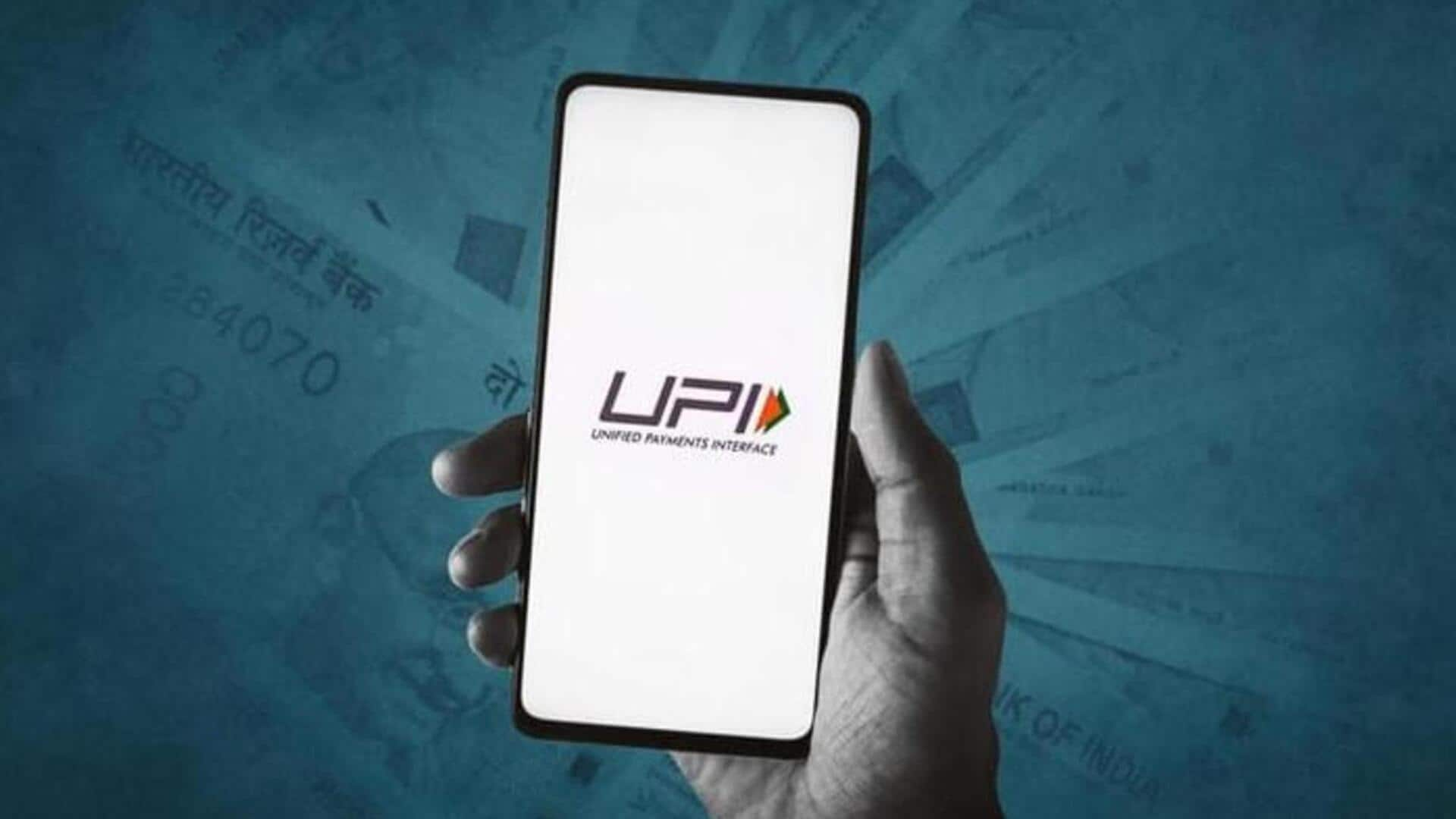
India's UPI may soon launch in South American, African countries
What's the story
India is negotiating with several South American and African countries to implement its Unified Payments Interface (UPI) and RuPay cards as payment platforms in these regions, a senior government official told Mint. The Reserve Bank of India (RBI) and the National Payments Corporation of India (NPCI) are engaging with numerous high commissions and embassies, to internationalize UPI and make it a global product. "These discussions are at various stages of negotiations as India looks to internationalize UPI," said the person.
Details
UPI transactions in India crossed 10 billion in August
The Indian government has specific objectives for popularizing and internationalizing RuPay and UPI. Ritesh Shukla, the international chief executive of NPCI, which built UPI, recently stated the number of countries where UPI is available will double in the next 12-18 months. It's important to mention that in August, the number of UPI transactions crossed 10 billion in the country.
Report
RBI plans to introduce wholesale central bank digital currency (CBDC)
In addition, the RBI is also said to be considering the launch of wholesale central bank digital currency (CBDC) in the interbank borrowing market, particularly in the call money market, according to a senior government official. "The purpose of wholesale CBDCs has been to try out different technologies. Going forward we will try other technologies, like using CBDCs as tokens for call money settlement," said the official.
Insights
The government is targeting 1 million CBDC transactions by December
The RBI aims to increase the CBDC transactions to one million per day by December 2023. The central bank initiated pilot testing CBDCs in both wholesale and retail segments last year. The official expressed confidence in achieving this target, stating that over 25,000 CBDC transactions had been recorded till July. The CBDC pilots "aim to understand the benefits, risks, and impact on bank deposits and monetary policy."